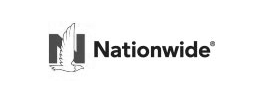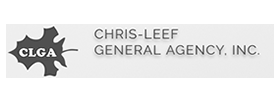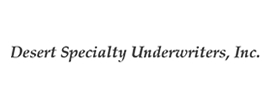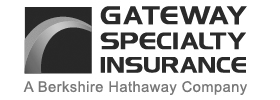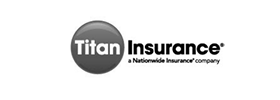
Phishing
Phishing is a type of online scam where cybercriminals send fraudulent emails or messages to trick individuals into giving away personal information like passwords, credit card details, or social security numbers. Their ultimate goal is to steal money or commit identity theft.
Check the Sender’s Email Address
Phishing emails often come from fake email addresses that may look like those of legitimate companies. To check if an email is legitimate, look at the sender’s email address. If it doesn’t match any known company domains or addresses, then you should be wary of opening the message and clicking on any links within it.
Look for Urgent or Threatening Language
Scammers often use urgent or threatening language to create a sense of urgency and get you to act quickly. Be wary of emails that demand immediate action or threaten consequences if you don’t comply with their requests. The following are examples of phishing emails:
“Your account will be locked if you do not update your information by [date].”
“We have detected suspicious activity on your account.”
Check for Spelling and Grammar Errors
Phishing emails often contain spelling and grammar errors. Legitimate companies usually have professional copywriters who ensure their emails are free of errors, so if you see one with a typo or two in it, that’s a good sign that something might be off.
Verify the Link’s Destination
To verify the destination of a link, hover your mouse over it. If the URL doesn’t match what you expect to see (for example, if it’s not https://www.google.com but instead something like http://wwwgooglecom), then it’s likely a phishing attempt. It’s safest to always type the URL into the browser yourself instead of clicking links unless it’s an email you expected.
Don’t Give Out Personal Information
Another thing to look out for is the request for sensitive personal information. Legitimate companies never ask for passwords or social security numbers via email, so if you receive an email that does, it’s probably a phishing scam.
Be wary of any email that asks for this type of information. If you’re not sure if it’s a real email, do some research on the company and call them directly before responding to any emails from them in the future!
Check for Generic Greetings
Phishing emails often use generic greetings like ‘Dear Customer’ instead of addressing you by name. Legitimate companies usually address their customers by name, so if you receive an email that does not use your name, it could be a phishing scam.
Be on the lookout for generalizations and vague statements in emails from companies you do business with. For example: “We need to verify some information about your account.”
If you have any doubts about whether an email is legitimate or not, contact the company directly using their official website or phone number listed on their website (not through email).
Be Wary of Attachments
If you receive an email with an attachment, be wary of it. Phishing emails often contain attachments that may contain malware or viruses. If you aren’t expecting the email and don’t recognize the sender, do not open the attachment.
Trust Your Instincts
If you get an email that seems suspicious. Take a moment to think about what you know about the sender and their organization. If you can’t recall any reason why they would send such an email or if it’s from someone who doesn’t normally contact you directly (e.g., HR), then there’s probably something wrong with the message itself–and it may be a phishing attempt.
If someone asks for personal information in an unsolicited email (like your Social Security number), delete it immediately! Don’t reply or open attachments; these could contain malicious software designed to steal data from your computer or infect it with viruses that could spread throughout your network.
By following these steps, you can better protect yourself from falling victim to a phishing email. Always remember to trust your instincts and err on the side of caution when in doubt.
Aspen Insurance Agency is a family-run business in Denver, Colorado servicing clients nationwide. We work with multiple insurance carriers to offer our customers a wide variety of risk reduction coverage at the lowest possible cost. We offer a wide range of personal, auto insurance, commercial and professional insurance to residential and commercial insurance customers enabling the best rates available. Call to speak to one of our insurance advisors for home or business insurance and see how painless insurance shopping can be.





